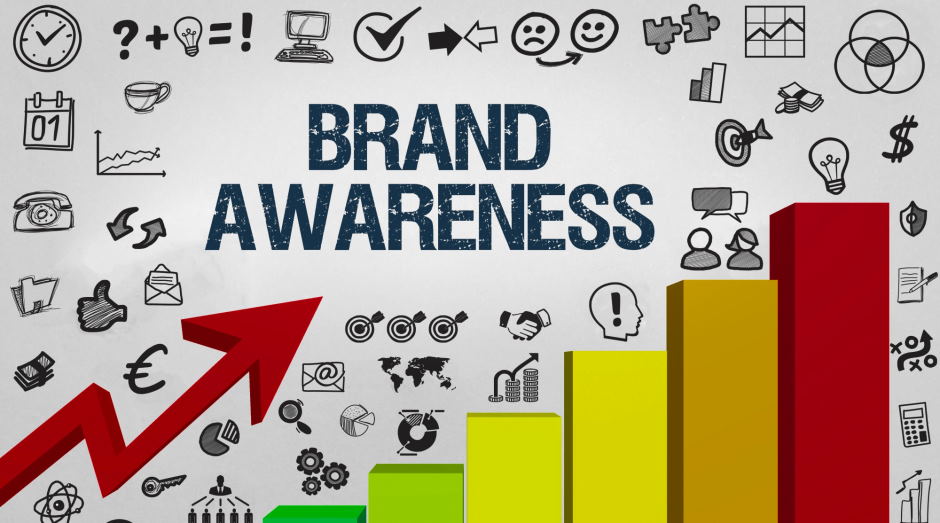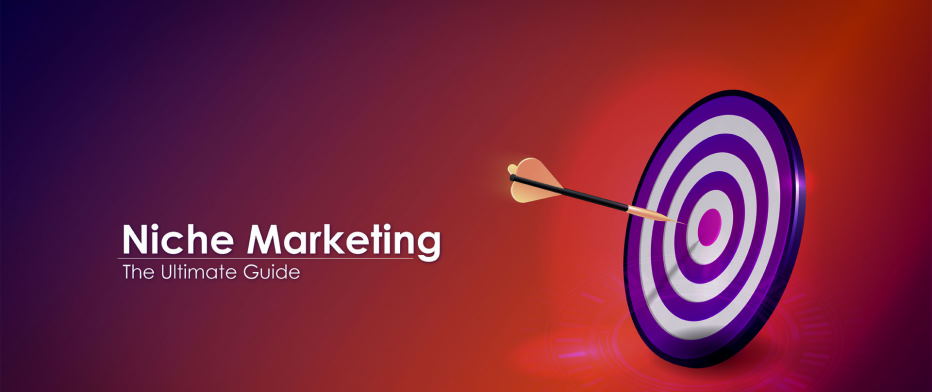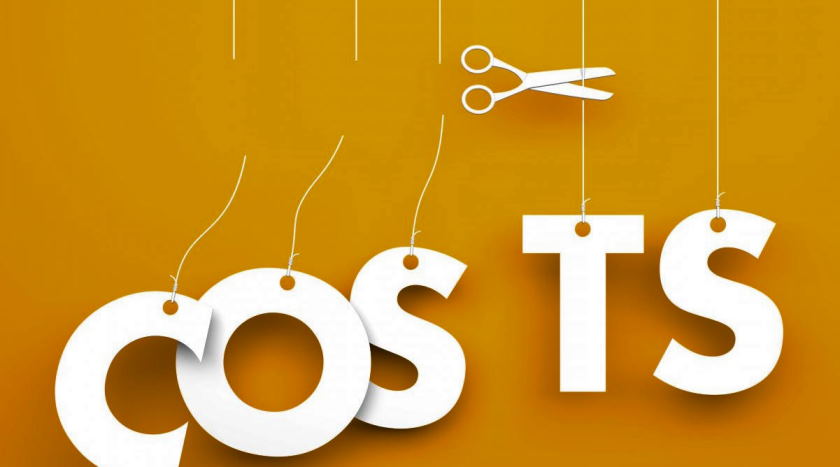Business Money Transfers Solutions That Will Streamline Your Finances
Transferring money between businesses can be a cumbersome process, but it doesn’t have to be that way. With the right solutions in place, you can streamline your financial operations and focus more of your energy on growing or expanding your business. This blog post will discuss several potential strategies for facilitating secure send money to Russia without breaking the bank. We’ll explore some of the latest tech advancements, innovative payment processing services, and other options that make international payments easier than ever before. Whether you need to pay employees abroad or purchase goods from an international vendor, we’ve got you covered!











